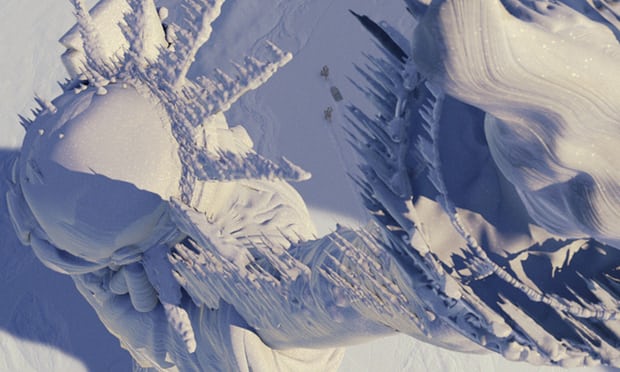Gulf Stream current at its weakest in 1,600 years, studies show

The warm Atlantic current linked to severe and abrupt changes in the climate in the past is now at its weakest in at least 1,600 years, new research shows. The findings, based on multiple lines of scientific evidence, throw into question previous predictions that a catastrophic collapse of the Gulf Stream would take centuries to occur. Such a collapse would see western Europe suffer far more extreme winters, sea levels rise fast on the eastern seaboard of the US and would disrupt vital tropical rains. The new research shows the current is now 15% weaker than around 400AD, an exceptionally large deviation, and that human-caused global warming is responsible for at least a significant part of the weakening. The current, known as the Atlantic Meridional Overturning Circulation (Amoc), carries warm water northwards towards the north pole. There it cools, becomes denser and sinks, and then flows back southwards. But global warming hampers the cooling of the water, while melting ice in the Arctic, particularly from Greenland, floods the area with less dense freshwater, weakening the Amoc current.

